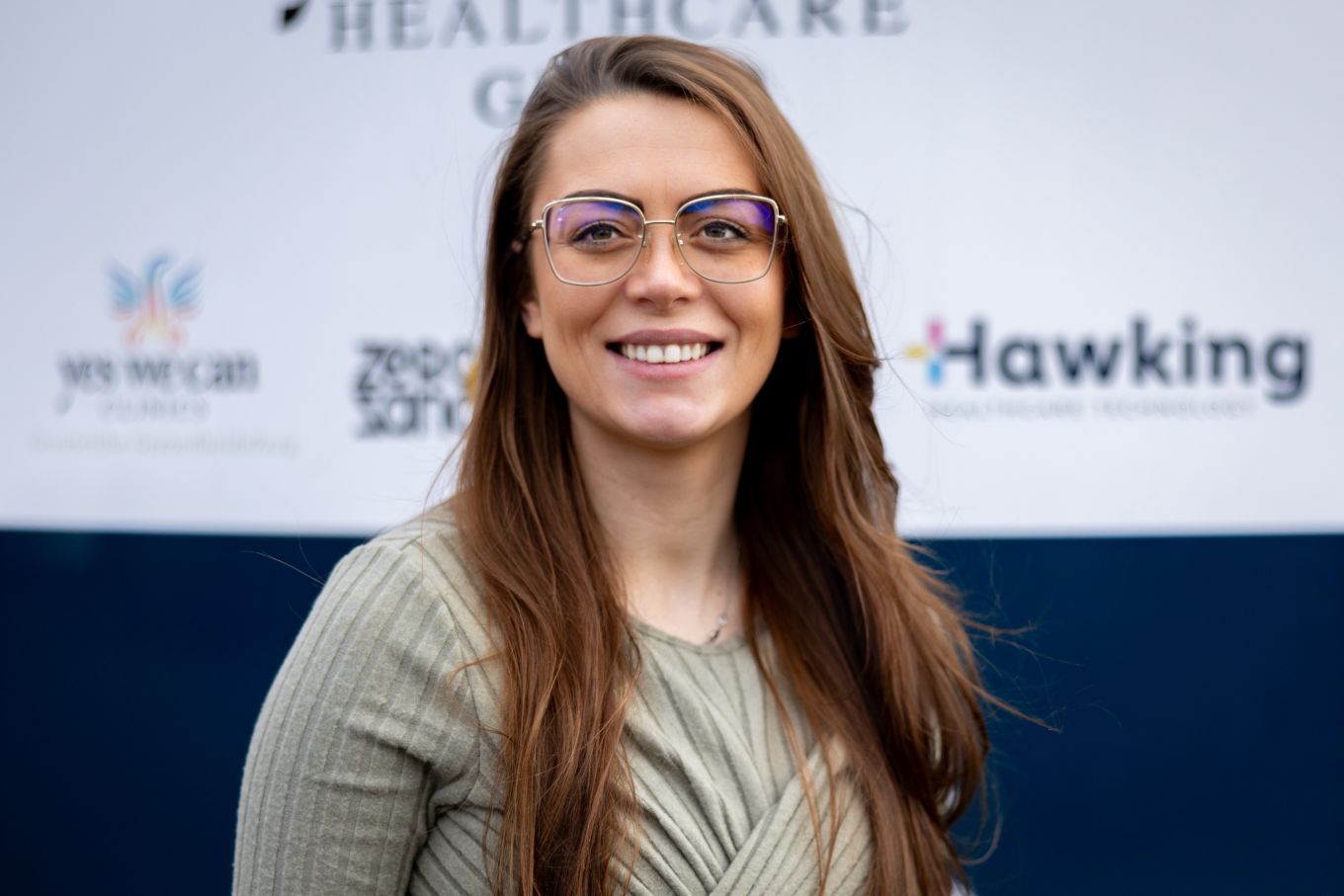-
About Hawking
- About Hawking ×
-
Our technology
- Our technology ×
-
EN
- Change language ×

“For us as Case Managers, the most important thing is to connect with fellows and their families. Their first encounter with Yes We Can is an exciting and crucial moment for them. To keep the intake process personal, we used to do a lot on paper, despite the risk of errors. This was to prevent us from sitting behind a screen typing when we actually wanted to focus our attention on them. However, with Discovery, the Hawking team has found a way to maintain personal attention while also using a professional system that fosters even greater trust in families.”
As an expert-by-experience Case Manager at Yes We Can, you stand at the beginning of a fellow’s and their families new life in recovery. With unconditional warmth and safety, you welcome families and share your own life story during the intake. You offer love but also provide loving confrontation when needed. Every day, you give back what you once received. Yanniek has been working as a Case Manager at Yes We Can for several years and has conducted countless intakes during that time.
From Paper to Digital: A Major Step Forward
Hier mist de zin uit de NL’se blog: For us as Case Managers, the most important part is to connect with fellows and their families. Before the introduction of Discovery, everything was done manually. Data was filled in on paper and then scanned. "We were careful, but if a small mistake crept in—such as a single incorrect letter—we had to go through several steps again. It was part of the process, but it was not exactly practical."
With the introduction of Discovery, everything changed. "Now, we can enter all data digitally in advance, allowing parents and fellows to see everything on the screen during the intake. They can immediately check if all details are correct—from the spelling of their names to their addresses. This provides so much more peace of mind and confidence."
And after the intake? "We can immediately roll out a welcome package. This means we have a complete overview straight away, and families receive all the important information to take home."
Focusing on What Really Matters
The transition to digitalisation also came with its challenges. "It was something new for our team, so we had to explore together what worked best for us." Previously, we wrote everything down with pen and paper during intakes, and switching to a laptop required a new way of working.
"The most important thing was, and still is, ensuring we don’t lose the personal connection." That’s why we start the intake without any forms or computers. We first make connection with the family to understand how we can help them. Only after starting that connection and agreeing that the family will begin treatment do we proceed with the administration. That’s when we use Discovery.
To ensure we don’t hide behind a screen, we display the information on a large screen so everyone can follow along. This way, the intake remains an open and engaging conversation. This approach allows us to focus on what truly matters: the fellows and their (bonus) parents and carers.
Key Benefits
"Accuracy is not the only advantage," Yanniek explains. "Perhaps the most important benefit is the trust it conveys. When you work professionally, parents and fellows sense it. That confidence is crucial, especially at the start of their treatment."
With Discovery, all information is carefully recorded and immediately accessible to everyone who needs it. This not only improves organisation but also enhances collaboration. "It leaves a truly professional first impression. Everything is perfectly organised and, as always, securely stored."
Looking Ahead
Although our team currently uses only a small part of Discovery, Yanniek sees great potential. "It would be fantastic if we could integrate everything into Discovery, making us less dependent on other tools.If everything is in a single system, the process will be even more efficient. That means more time and attention for what really matters: the fellows and their families."
Yanniek remains optimistic about the future of technology in healthcare. "I’m really curious to see how Discovery will continue to develop. It has already improved so much, and I’m sure there’s even more to come. I look forward to seeing what’s next."